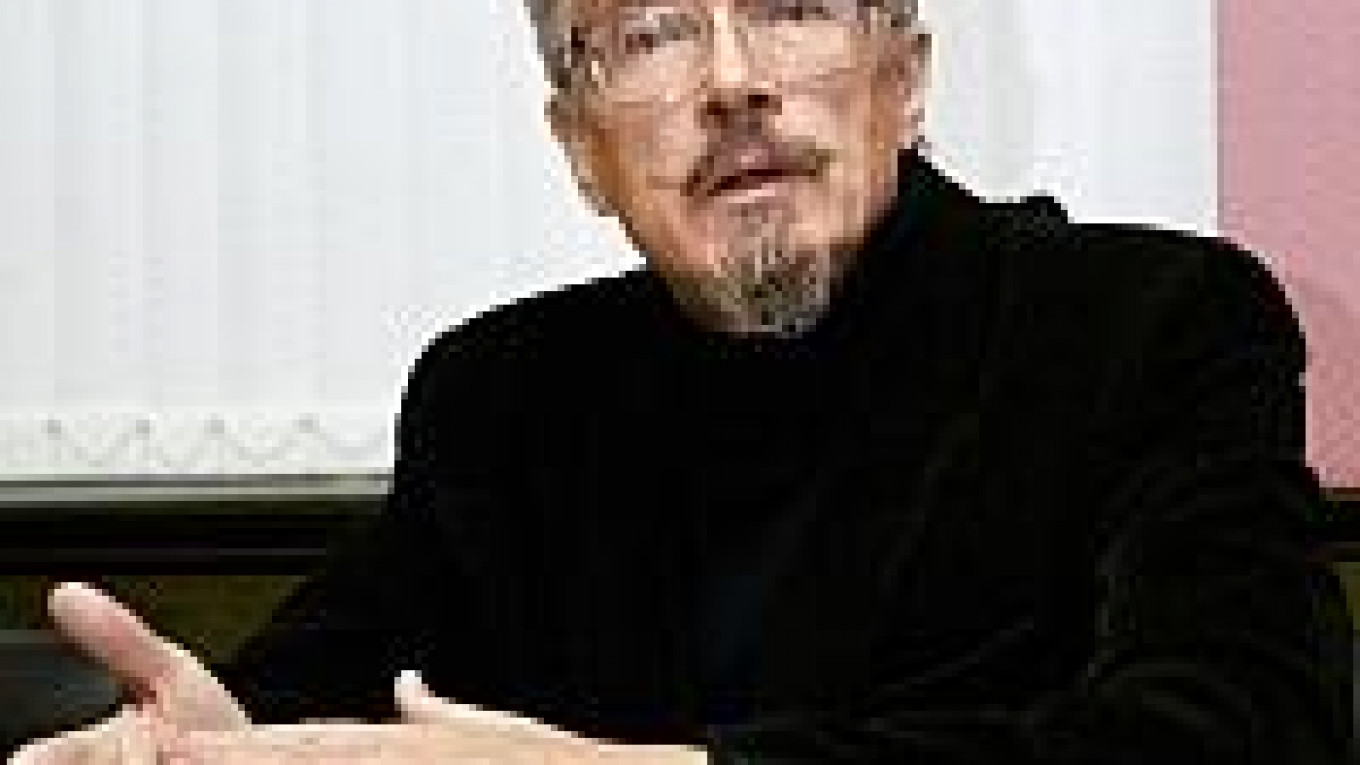"This was a historic humiliation for the Supreme Court," NBP leader Eduard Limonov said after the verdict. "Big players such as the Prosecutor General's Office intervened and pressed the judges to discard their previous verdict."
The court did not publish any reason for Tuesday's decision, and no one answered the telephone at the Supreme Court's press office on Tuesday afternoon.
The NBP, whose nonviolent, theatrical protests against President Vladimir Putin have prompted a harsh crackdown on its activists, has been fighting a legal battle against attempts to ban it since March 2004.
The Moscow region prosecutor's office requested the party be shut down, accusing it of extremism.
In June, a Moscow region court ruled that the NBP must disband, but five weeks later, the Supreme Court upheld the NBP's appeal and sent the case back to the lower court for a retrial.
The Prosecutor General's Office filed a protest against the decision, and the presidium of the Supreme Court ruled last month to cancel its August ruling and ordered the full court to reconsider its decision.
A representative of the Moscow region prosecutor's office, Natalya Mikhlina, told the court Tuesday that she was satisfied with the verdict.
Limonov said that the NBP would appeal Tuesday's verdict to the European Court of Human Rights in Strasbourg, France.
He said that he would apply to register a new organization, the National Bolshevik Party of the Russian Federation, with the Justice Ministry as a fully fledged political party.
Over the past two years, the ministry has rejected several applications by the NBP to register as a political party, citing what it said were mistakes in its applications. The NBP first registered in 1993 as a nongovernmental organization and by law cannot run in elections.
Vladimir Pribylovsky, head of the Panorama think tank, said that the authorities had singled out the NBP for its bold challenge of the political status quo.
"When everyone is doing their best to show how much they respect Putin, the NBP is among very few organizations that are doing their best to show how little they respect the president," he said.
A Message from The Moscow Times:
Dear readers,
We are facing unprecedented challenges. Russia's Prosecutor General's Office has designated The Moscow Times as an "undesirable" organization, criminalizing our work and putting our staff at risk of prosecution. This follows our earlier unjust labeling as a "foreign agent."
These actions are direct attempts to silence independent journalism in Russia. The authorities claim our work "discredits the decisions of the Russian leadership." We see things differently: we strive to provide accurate, unbiased reporting on Russia.
We, the journalists of The Moscow Times, refuse to be silenced. But to continue our work, we need your help.
Your support, no matter how small, makes a world of difference. If you can, please support us monthly starting from just $2. It's quick to set up, and every contribution makes a significant impact.
By supporting The Moscow Times, you're defending open, independent journalism in the face of repression. Thank you for standing with us.
Remind me later.


